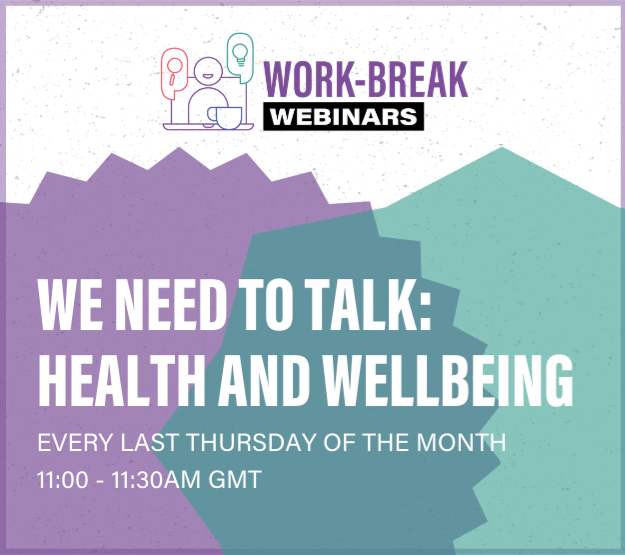
Webinars
Last year, we ran a Work-break Webinar series about the core concepts of behavioural science. This year, we're building on that knowledge, to confront major public health issues. Catch up on the first series and sign up for the second series today!
More +



